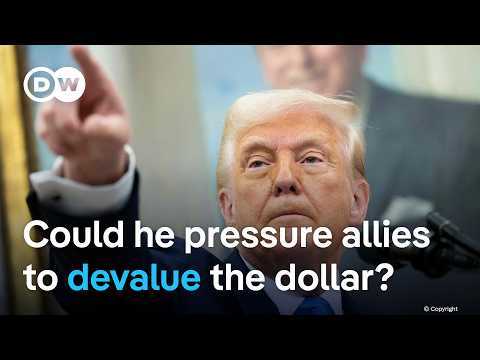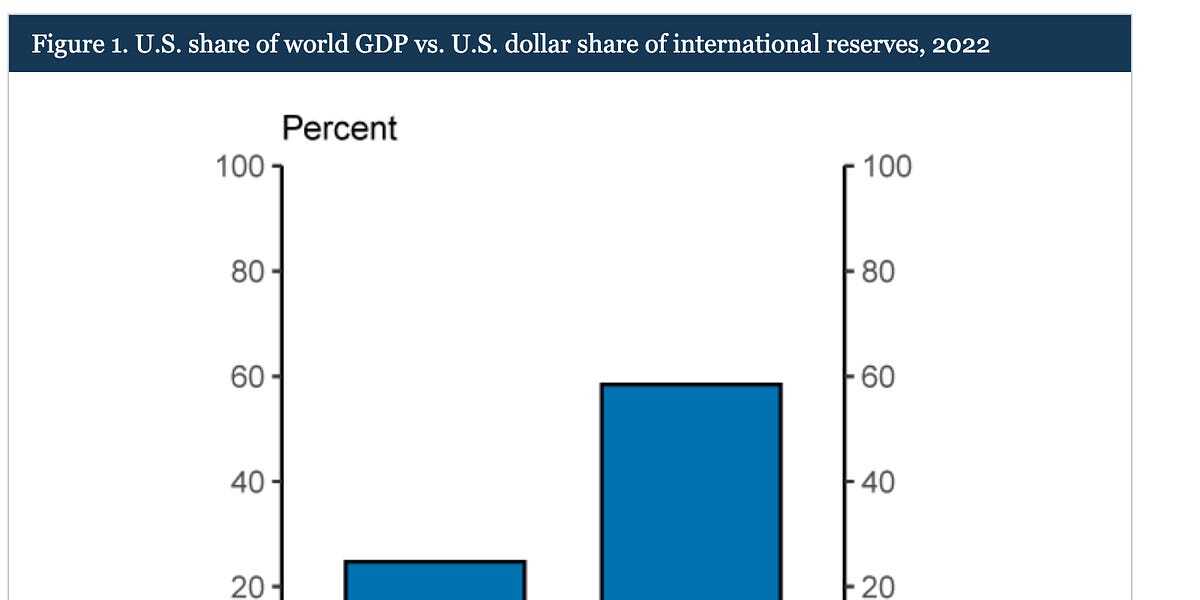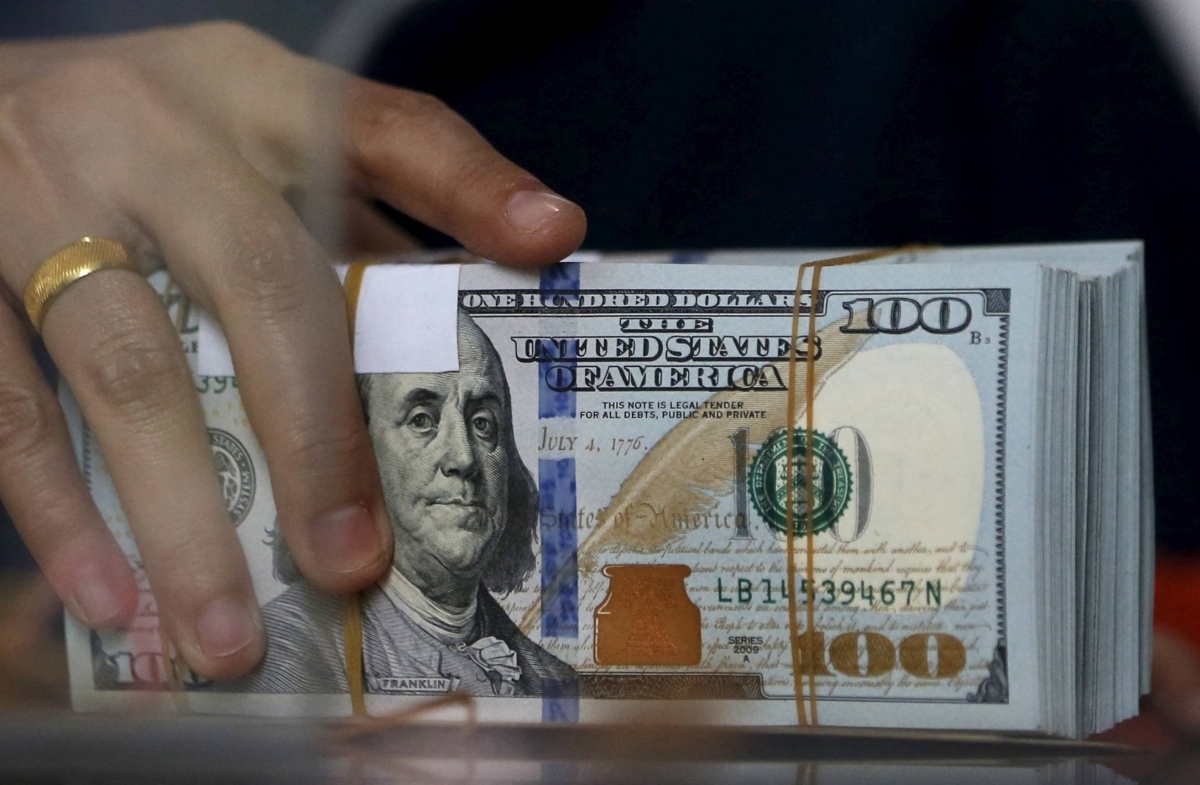"The dollar’s post-Bretton Woods triumph was a pivotal point in economic history. Ever since, the world has been on a dollar standard, for good and — according to Lula et al — for ill. Precisely what this dominance entails and the powers it grants are at the core of two new books. In King Dollar, Paul Blustein takes a broad look at the greenback, exploring its history, its competitors, and its use as a weapon of economic war. In Chokepoints, Edward Fishman zooms in on the geoeconomics, studying the growing role sanctions, largely underpinned by dollar dominance, have played in US foreign policy.
While officials in the 1970s were at first hesitant about dollar dominance, they soon welcomed the immense geopolitical leverage it offered. Since access to the dollar system was essential for governments and businesses around the globe, Washington could punish adversaries without firing a bullet by blocking their ability to transact in dollars. As Fishman explains, when Iranian students stormed the US embassy in Tehran in 1979, President Jimmy Carter imposed sanctions in the first application of the International Emergency Economic Powers Act, the 1977 law that provides sanctioning authority to this day. Carter’s response included a freeze on some $12bn in Iranian assets, a blow that ultimately helped bring Tehran to the negotiating table and the hostage crisis to an end. The dollar was no longer just a currency but a weapon that could augment US power.
In the decades since, Washington’s reliance on that weapon has only grown. Policymakers have embraced sanctions as a go-to tool, transforming US foreign policy and the global economy in the process."
https://www.ft.com/content/8cecc6e1-72b0-4ca5-8606-392008bc09c2





 **How Trump’s economic team hopes to reset the international financial system**
**How Trump’s economic team hopes to reset the international financial system**

